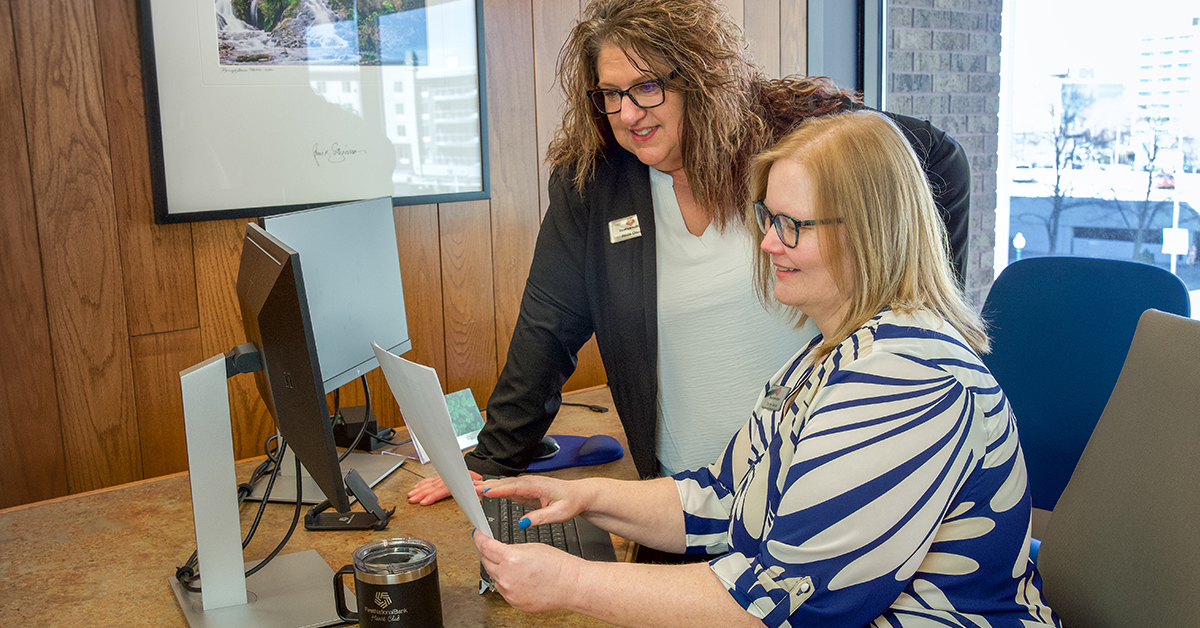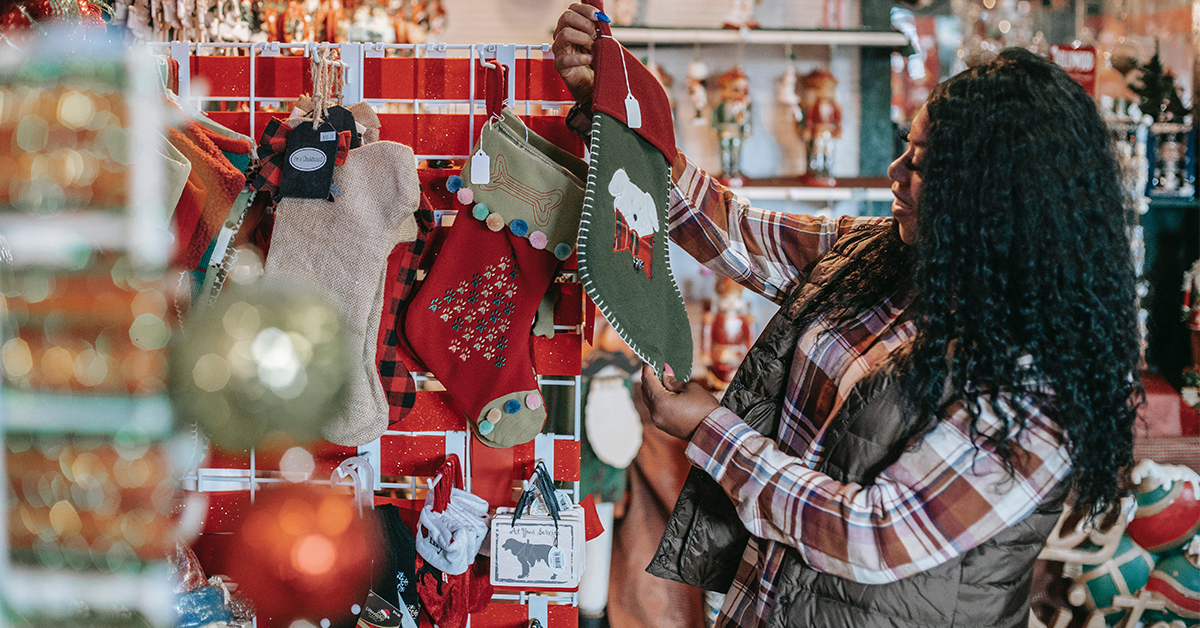The COVID-19 outbreak has turned our lives upside down. There have been reports of fraudsters profiting from those left financially disadvantaged by the outbreak. Here are some financial scams you can look out for during the pandemic response in the coming weeks.
COVID-19 Vaccine Scams
As the COVID-19 vaccination efforts continue, there have been reports of scams related to receiving the vaccine. Below are some examples of vaccine scams that you should watch out for.
1. Do not give your Social Security number, bank account information, or credit card number in exchange for a vaccination. The U.S. government has purchased millions of doses of the vaccine to distribute. You do not have to pay for it. Anyone telling you otherwise is a scammer.
2. You can’t buy or pay for early access to the vaccine. If someone tries to convince you to pay for early access to the vaccine, do not provide any money or information. It’s a scam. State and local governments have coordinated vaccination plans, and you cannot be vaccinated until you are eligible.
3. Ignore ads or ‘sales’ of the vaccine. Only authorized hospitals, clinics, and pharmacies can provide vaccinations, and they are free of charge. Do not consider any ad or sale advertising a better or more readily available vaccine.
Scams Involving COVID-19 Relief Checks
The U.S. government has started sending additional stimulus checks as part of the latest COVID-19 economic stimulus package. Follow these tips from the Better Business Bureau on things to look out for as the stimulus checks are distributed:
1. Government agencies do not communicate through social media avenues like Facebook. So, be wary of unsolicited messages.
2. Do not pay any money for a “free” government grant. If you have to pay money to claim a “free” government grant, it is not really free. A real government agency will not ask you to pay an advanced processing fee. The only official list of all U.S. federal grant-making agencies is Grants.gov.
3. Check for look-alikes. Be sure to do your research and see if a government agency or organization actually exists. Find contact info on your own, and call them to be sure the person you’ve heard from is legitimate.
4. Don’t assume an offer in a social media message is from a real friend. It’s easier for scammers to impersonate real people on social media. Call your friend to verify it was them who contacted you.
Remote Deposit Fraud
 As people may become unemployed as a result of the pandemic, it can be tempting to find ways to get some fast cash. Be extremely cautious of online opportunities that promise easy money. In many instances, these job offers involve the scammer depositing a check. The check is usually fraudulent and, if deposited successfully, you’ll be out the money. Here are some ways you can avoid scams like these:
As people may become unemployed as a result of the pandemic, it can be tempting to find ways to get some fast cash. Be extremely cautious of online opportunities that promise easy money. In many instances, these job offers involve the scammer depositing a check. The check is usually fraudulent and, if deposited successfully, you’ll be out the money. Here are some ways you can avoid scams like these:
NEVER give out account information to someone you do not know.
NEVER give out online banking login information to anyone.
DO NOT accept funds from someone you do not know.
If you would be embarrassed to tell your banker why/how you received the money, it is probably a red flag that you should not accept the funds.
If you think you’re being scammed or if you have any questions, please contact us right away.



